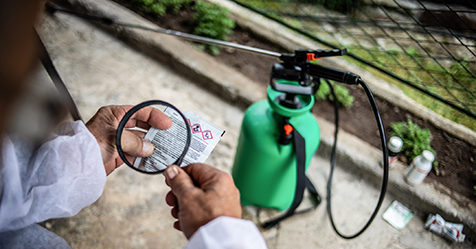Researchers Call for Shift in Combating COVID-19
COVID-19 and other respiratory infections caused by airborne pathogens can be prevented by improving indoor ventilation systems, according to a new study conducted at Queensland University of Technology (QUT) and published in the journal Science.
Professor Lidia Morawska, director of QUT’s International Laboratory for Air Quality and Health, led a group of almost 40 researchers from 14 countries in a call to shift standards in ventilation requirements. The group called on the World Health Organization (WHO) to include airborne pathogens and how to control these hazards in its indoor air quality guidelines.
“We need to establish the foundations to ensure that the air in our buildings is clean with a significantly reduced pathogen count,” Morawska said. “Mandated building ventilation standards need to include higher airflow, filtration and disinfection rates, and monitors that allow the public to observe the quality of air around them. We should have virus-free air indoors.”
As airborne infections are harder to trace than food and waterborne outbreaks, “international ventilation standards to control pathogens” are necessary, Morawska added. Most buildings only control “thermal comfort, odor control, perceived air quality, initial investment cost, energy use, and other performance issues, while neglecting infection control,” she said.
Last year, Morawska was among a group of 239 international experts who published an open letter detailing how COVID-19 is spread.

